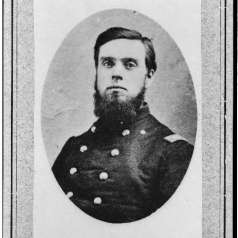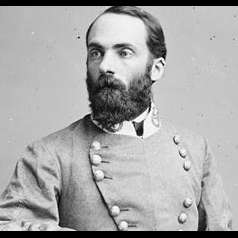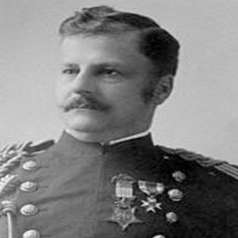
William Key, 19th century veterinarian and horse trainer, was born a slave in Winchester and took the name of his owner, William Key, a Shelbyville planter and entrepreneur. As a child he demonstrated a remarkable talent for working with horses. Key read veterinary texts and experimented with animal remedies until he became a successful veterinarian and equine dentist. Known as Dr. Key, he also practiced dentistry and other healing arts for slaves.
With the outbreak of the Civil War, Dr. Key accompanied his master's two sons to Fort Donelson. When Fort Donelson surrendered, Key helped his masters escape to Confederate forces commanded by Nathan Bedford Forrest. After the battle of Stones River, the Sixth Indiana regiment captured Key as he tried to smuggle another black man through Union lines. He was sentenced to hang, but the execution was postponed when it was learned that he was a good cook and poker player. Playing poker with Union officers, Key purchased his release in exchange for their gambling debts.
After the war Dr. Key and his former masters found the family estate in ruins. The family lands heavily mortgaged. Key developed and marketed Keystone Liniment for various animal and human ailments, and with the proceeds from Keystone Liniment sales, he quickly paid off the mortgage for his former masters and subsequently underwrote their education.
Later Key organized a traveling minstrel and medicine show, at which his animals performed skits to demonstrate the apparent effectiveness of his medications. He eventually produced an amazing horse known as “Beautiful Jim Key” who could spell, distinguish among coins and make change, write his name on a blackboard, identify playing cards, and play a hand organ, among other amazing feats.
For nine years, Key and Beautiful Jim toured major cities in the U.S. Hundreds of thousands of children received Jim Key Band of Mercy cards by pledging to be kind to animals, and local humane societies received sizable shares of admission sales. In 1906, after appearing before almost two million spectators, Key and Beautiful Jim retired to Shelbyville, where Key lived comfortably until his death in 1909.
Tools
Key Facts
- Born a slave, became a respected veterinarian; his liniment sales helped former masters rebuild.
- Captured by Union troops, he was sentenced to hang; won freedom playing poker with Union officers.
- Famous for traveling minstrel show with horse.





